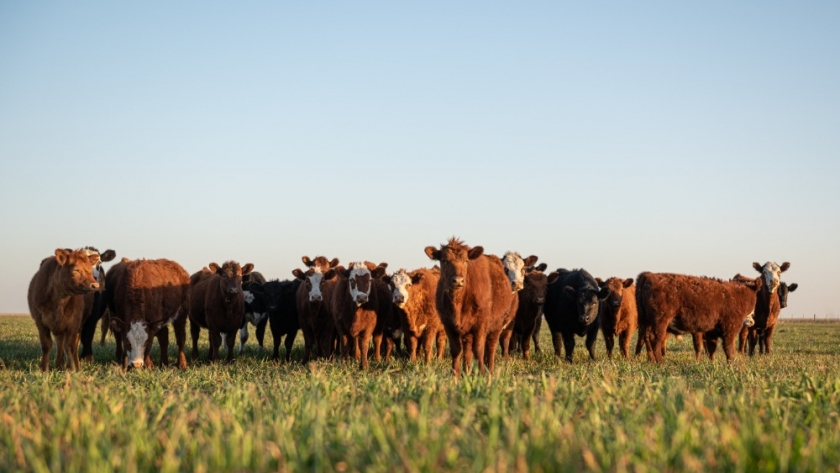
By Agroempresario.com
In an era where technological innovation in food and agriculture is critical to addressing global challenges like climate change and food security, the threat of viral misinformation has emerged as a significant barrier. Recent controversies, such as those surrounding Arla Foods’ methane-reducing feed additive Bovaer, underscore how misinformation can derail progress and tarnish reputations.
Earlier this month, Arla Foods, a leading dairy cooperative, announced a trial of Bovaer, a feed additive proven to reduce cow methane emissions by up to 45%. Despite regulatory approvals across major markets and extensive testing, a wave of unfounded conspiracy theories accused the product of being unsafe and linked it to a “depopulation” scheme. These claims, amplified online, forced both Arla Foods and the additive’s manufacturer, DSM-Firmenich, into damage control.
Technologies in agriculture and food are particularly susceptible to misinformation. These fields intersect with public health and environmental issues, eliciting strong emotional reactions. Additionally, a general lack of public understanding about agricultural technologies leaves these industries vulnerable to sensationalism.
Historical examples like Golden Rice, a genetically modified crop designed to combat vitamin A deficiency, illustrate this challenge. Despite decades of scientific validation, Golden Rice has faced bans and protests spurred by false claims, hindering its potential to save lives. Similarly, wind energy — a key renewable resource — has been targeted with misinformation campaigns falsely alleging health risks and environmental harm, delaying critical climate action projects.
These examples highlight a consistent pattern: misinformation thrives on emotionally charged narratives and a lack of scientific literacy, often creating significant obstacles for transformative technologies.
One of the most significant hurdles in combatting misinformation is the inherent difficulty of disproving baseless claims. Even robust scientific evidence can be overshadowed by cherry-picked data or hypothetical questions designed to sow doubt.
Engaging with misinformation, even to debunk it, can inadvertently amplify it. Viral stories gain traction through controversy, making it challenging for companies to address false claims without unintentionally increasing their visibility.
There is no single solution to this issue. Companies must invest in proactive measures such as fostering transparency, collaborating with trusted experts, and educating the public about the benefits and safety of new technologies. These efforts, while crucial, are resource-intensive and cannot guarantee complete protection against misinformation.
When misinformation arises, the response must include clear, evidence-based communication. Rebuilding trust takes time, but transparency remains the cornerstone of effective damage control.
The growing prevalence of misinformation requires a shift in how the agrifood sector approaches innovation. Beyond scientific and technical breakthroughs, companies must prioritize strategic communication and public engagement to mitigate misinformation risks.
Cases like Bovaer, Golden Rice, and wind energy illustrate that misinformation is not just a passing challenge; it is a persistent threat to progress. Addressing this issue is essential to ensuring that critical innovations in food, agriculture, and climate can fulfill their potential and drive meaningful change.
